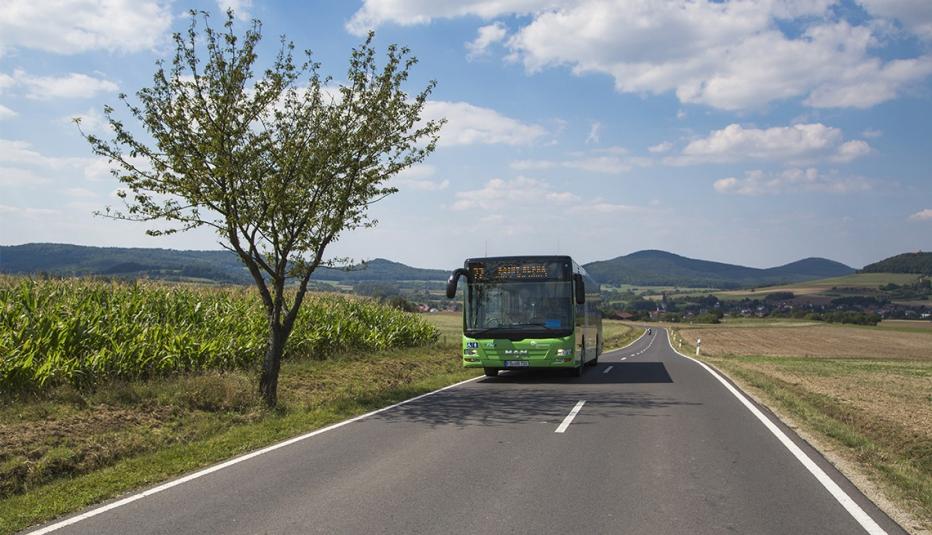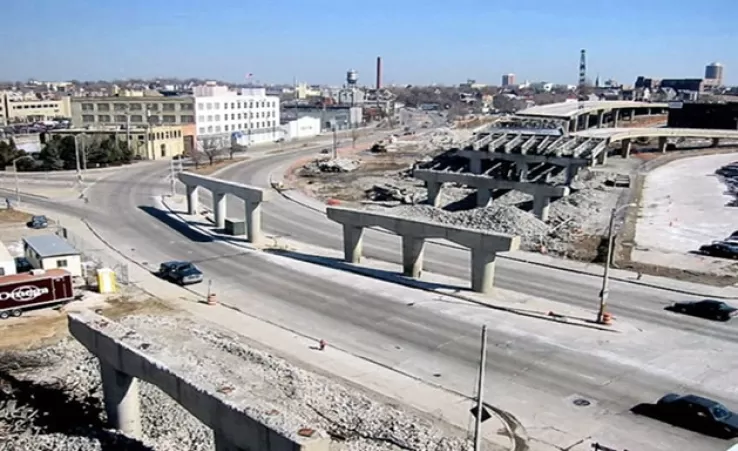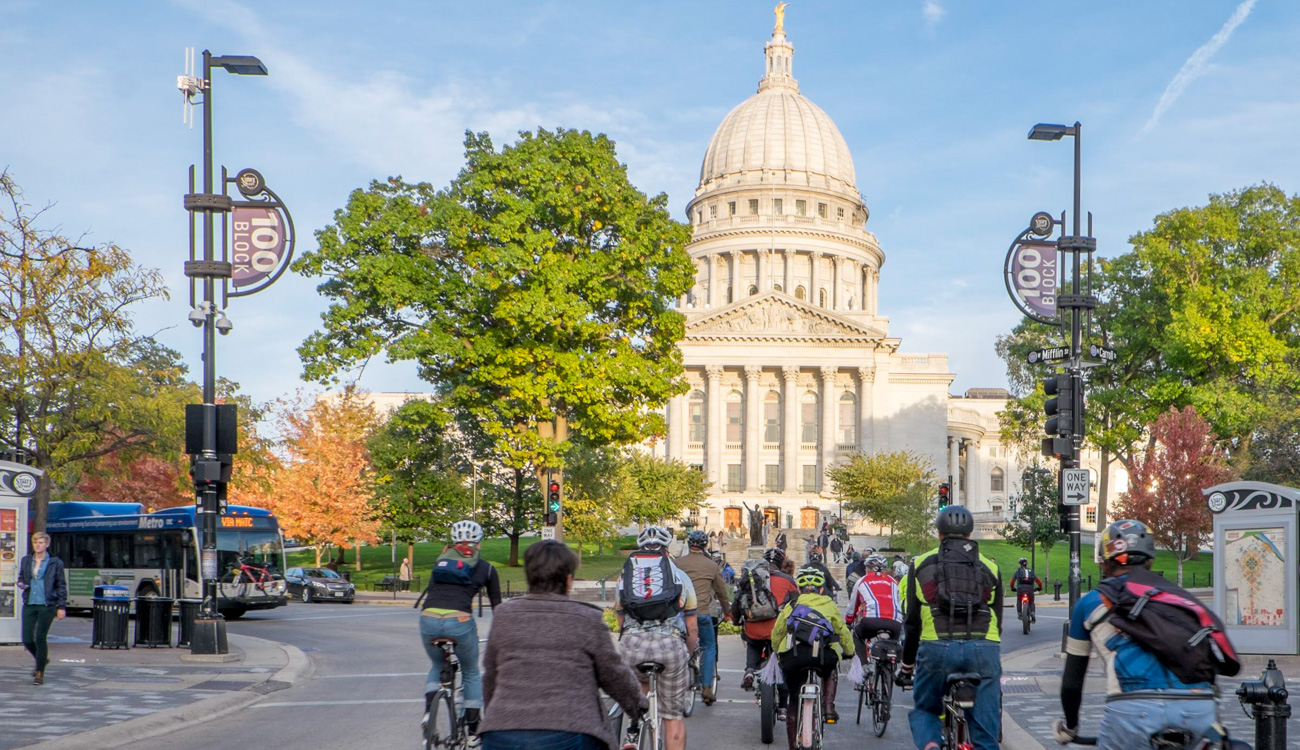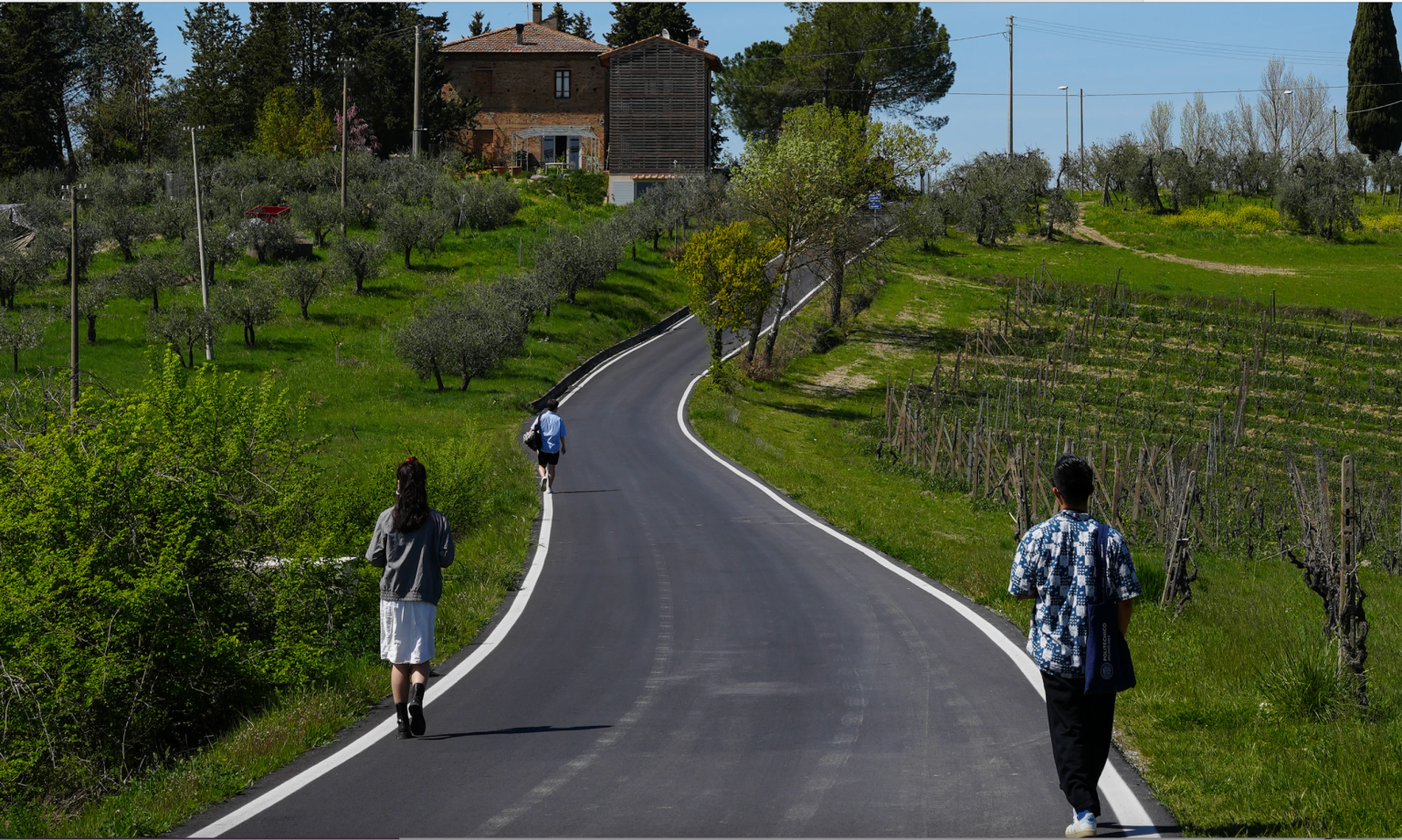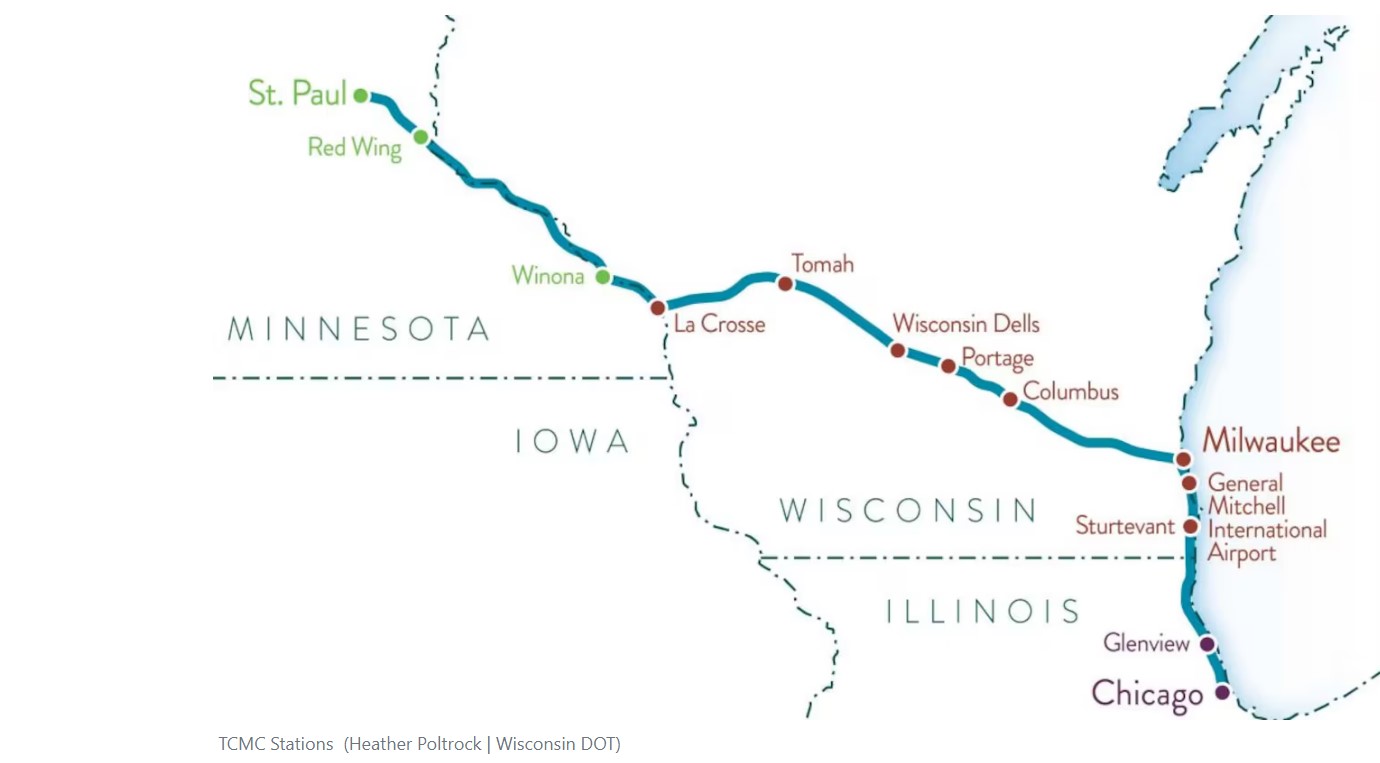Author Archives: Susan De Vos
Bridging Divides: The Crucial Role of Collaboration in Highway Removal
Public Transit is Essential — We Need to Fund It Now
Imagining a Week Without Driving
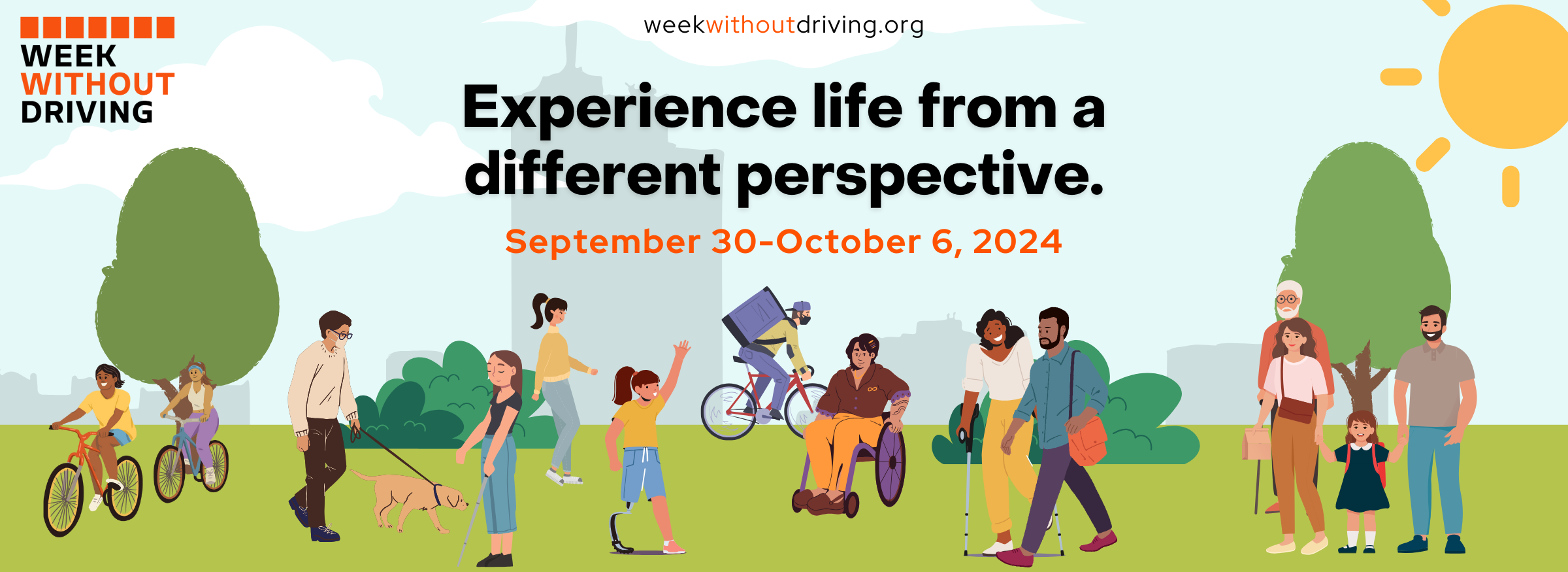
What A Week Without Driving Sept. 30-Oct. 6 Might Look Like
Rahul Bajaj | September 6, 2024
The upcoming “Week Without Driving” challenge, running from September 30 to October 6, 2024 is an intriguing opportunity to step out of my comfort zone and experience life without the ease of a personal vehicle. As someone who’s always driven everywhere, the thought of navigating my daily routine without a car fills me with a mix of trepidation and curiosity.
I envision the first day as a rude awakening. My typical 10-minute drive to work will transform into a 45-minute bus ride, complete with transfers and the unfamiliar experience of sharing space with others in public transit. The solitude of my car will be replaced by the diverse faces of fellow passengers, offering a subtle reminder of the broader community that surrounds us, often unnoticed.
Throughout the week, I expect my patience to be tested. Grocery shopping will become a logistical challenge, requiring multiple trips and careful planning to avoid carrying heavy bags on the bus. Visiting friends and family in the suburbs will feel like an expedition, combining buses, bikes, and walking. One scenario I already foresee is being caught in a downpour, waiting for a delayed bus, which will undoubtedly make me appreciate the comfort of my car—but also offer a humbling glimpse into the reality many face daily.
Despite these challenges, I’m also looking forward to the unexpected pleasures this week will bring. Walking through my neighborhood will allow me to notice details I’ve previously overlooked. Biking through the city’s parks will offer a refreshing sense of freedom and connection to nature. I might even strike up conversations with strangers on the bus, sharing experiences and perspectives that would otherwise remain unheard.
The week will culminate in a weekend trip to a nearby town. Without a car, I’ll rely on trains and buses, requiring careful planning and flexibility. But I anticipate that navigating this unfamiliar territory will bring a sense of accomplishment and independence that I haven’t felt in a long time.
While there will undoubtedly be moments of frustration, I believe the “Week Without Driving” will ultimately transform my perspective on transportation and accessibility. It will force me to step into the shoes of those who face these challenges every day, making me a more empathetic and informed citizen.
I encourage everyone to join me in this challenge from September 30 to October 6. It’s a small sacrifice that could lead to a profound shift in how we view our communities and the people within them. Together, we can create a more equitable and accessible future.
Join in at https://weekwithoutdriving.org/join/
Ask Your Legislators to Participate in “Week Without Driving”
Don’t Forget About Non-Drivers in Rural America
When transit riders refuse to just sit back
New Amtrak Borealis Train Has 8 Stops in Wisconsin
We Need Public Transit Everywhere, Not Just Big Cities
WHAT IF … WE HAD THE RIGHT TO PUBLIC TRANSPORT?
Many of those who rely the most on public transport are living on the margins of society, and they are less likely to have the voting and lobbying power required to influence the corridors of power.
Read the full Article

